Artificial Intelligence (AI) has rapidly transformed the media and communication landscape, with journalism and translation emerging as two major areas of exploration. While both fields have grown significantly in recent years, there has been little focus on their intersection. A new edited volume by Julie Alice Gramaccia and Kyle Conway (University of Ottawa) aims to fill this gap by bringing together scholars across disciplines to examine how AI is reshaping news translation and journalism practices.
The Role of AI in Journalism
AI has changed the way journalists and media organizations produce and distribute news. According to a 2023 report, nearly a quarter of media company leaders in over fifty countries confirmed using AI-powered recommendation algorithms to drive audience engagement. Beyond curation, AI is also being used to aggregate and generate news content, raising both practical concerns—such as consumer trust in AI-generated news—and ethical challenges, including fact-checking and transparency.
Patterns of AI adoption also highlight global inequalities. The global North benefits from greater resources and AI tools adapted to European languages, while the global South faces challenges due to limited resources and fewer language-specific tools.
AI and News Translation
Research on AI-assisted news translation remains limited but reflects similar trends. While AI tools are increasingly used for translation, human intervention is still necessary to ensure accuracy and maintain credibility. Journalists working in less widely spoken languages must balance efficiency with quality, raising questions about trust, accessibility, and inclusivity in global media landscapes.
One critical area of inquiry is whether AI-driven translation can help bridge gaps in news accessibility for underrepresented languages, especially in the global South.
Call for Chapter Proposals
The editors invite contributions for a forthcoming volume in the Benjamins Translation Library series, published by John Benjamins. Scholars are encouraged to explore topics such as:
- AI, Translation, and Journalism Practice: How AI has changed journalistic roles, workflows, and professional perceptions.
- Production and Reception of AI-Translated News: How AI influences reporting in local languages and how audiences respond to transparency about AI usage.
- Research Methods in AI Translation Studies: Cross-disciplinary approaches and the use of text-mining and computational tools for analyzing translated news.
Submission Guidelines
- Abstract length: 300–500 words
- Deadline for abstracts: November 1, 2025
- Notification of acceptance: December 1, 2025
- Full chapter submission: May 1, 2026
- Manuscript preparation: Summer 2026
Abstracts should be sent to:
- Prof. Julie A. Gramaccia – jgramacc@uottawa.ca
- Prof. Kyle Conway – kconwa2@uottawa.ca
The volume will be submitted to the Benjamins Translation Library series, a leading platform in translation and media research.
(The information shared here is sourced from official websites and has been reviewed by Media Research for relevance and authenticity. However, we advise caution, as there may still be potential risks. Please avoid sharing any sensitive personal information when applying. The Image is AI generated)
Media Research offers comprehensive research consultation tailored to your needs. Book your appointment now using the form or email at contact@mediaresearch.co.in

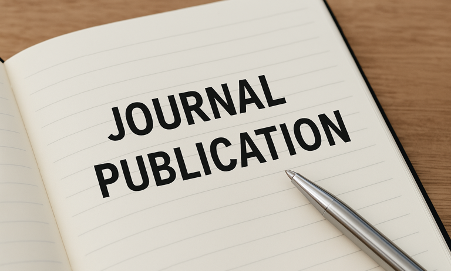

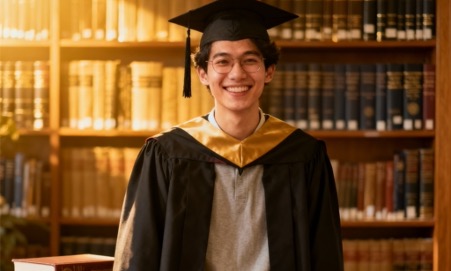
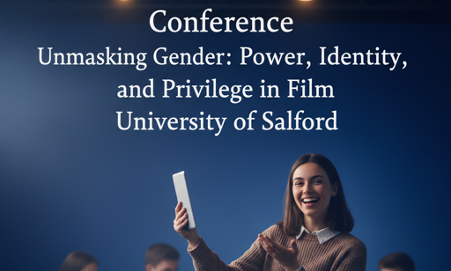
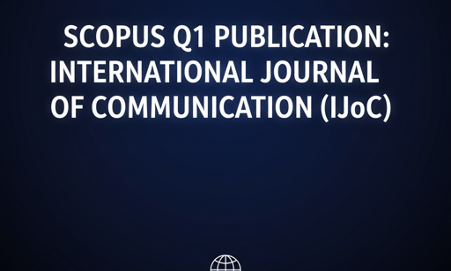

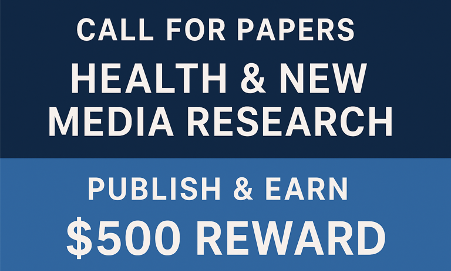
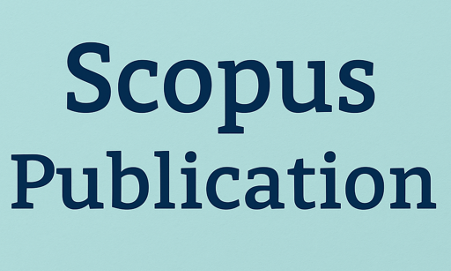
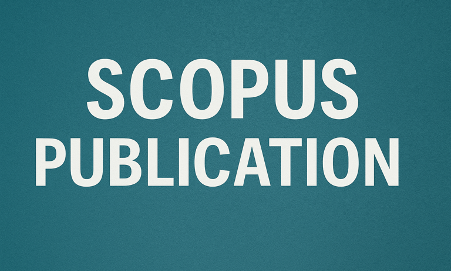
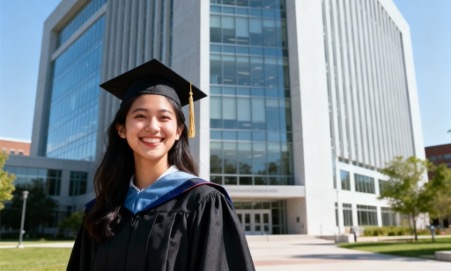



Leave a Reply